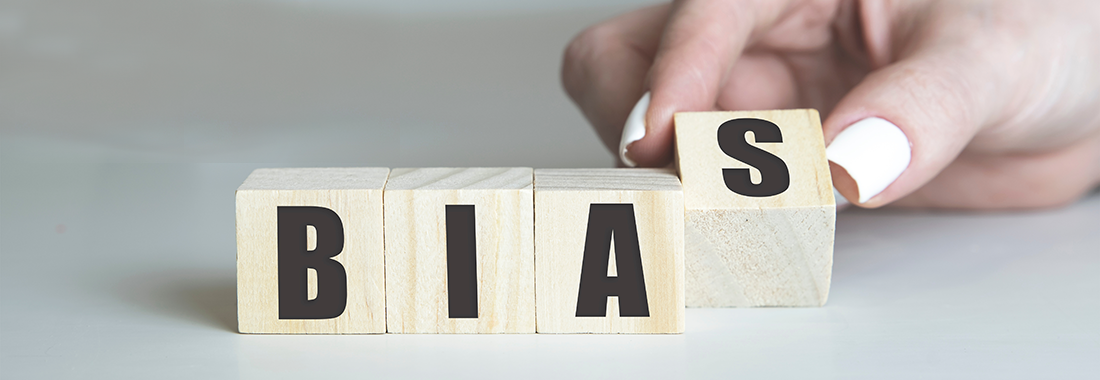Jennifer Harrison is an Associate Professor of Social Sciences at Warren County Community College
What if you had your students introduce you at the beginning of the semester? What do you think they would say based solely on your appearance? Would you be brave enough to try an activity like this?
I have done this activity—which I call “Inferring the Instructor”—for a number of semesters to introduce myself to my students. It’s a great way to begin the discussion about how sociologists use observational research to conduct a study and how limited those types of studies might be.
More recently, I have used this activity when presenting at conferences to open the discussion on unconscious bias. It’s always nerve-racking to do, however, it really does show how many assumptions are easily made at first glance. Assumptions made based on appearance are usually unconscious and most of the time are harmless. However, sometimes they can be dangerous and lead to stereotypes influencing a whole society’s way of viewing a group. These stereotypes can lead to prejudices and discrimination.
Acknowledge Underlying Attitudes
Unconscious—or implicit—bias is the associations that we hold which, despite being outside our conscious awareness, can have a significant influence on our attitudes and behavior. Regardless of how fair-minded we believe ourselves to be, everyone has some degree of unconscious bias. That means we automatically respond to others in positive or negative ways. These associations are difficult to override, regardless of whether we recognize them to be wrong, because they are deeply ingrained into our thinking and emotions. But the first step to combating these underlying beliefs, is acknowledging that we have them.
Practice Cultural Relativism
Most of us are a little ethnocentric, which means we often think that our way of doing things is the “right” way. What if instead everyone practiced cultural relativity? Understanding that our cultural traditions are right for us and other cultures have their own traditions that are right for them. By accepting that our way is not the right way for everyone is the first step to being culturally relative. As Nietzsche stated, “You have your way. I have my way. As for the right way, the correct way, and the only way, it does NOT exist.” Cultural relativism challenges us to stop judging a culture based on our own standards of what is “normal.” Instead, we should try to understand cultural practices of other groups in their own cultural context and appreciate them.
Actively Combat Stereotypes
Regardless of how fair-minded or “woke” we believe ourselves to be, we all have some degree of unconscious bias. And ultimately, these biases can serve as systematic tools of oppression for minorities. We must be willing to critique these systems to ensure change. We must combat unconscious biases to fight against stereotypes and create an environment that supports and encourages diverse perspectives and cultural differences.
Join me, let’s check our biases at the door, reject ethnocentrism and practice cultural relativity, in order to become more understanding and accepting!
For more best practices and faulty-tested tips for teaching in the current mood, join us April 7 for Make It Matter: Igniting a Spark in Your Social Sciences Students.

